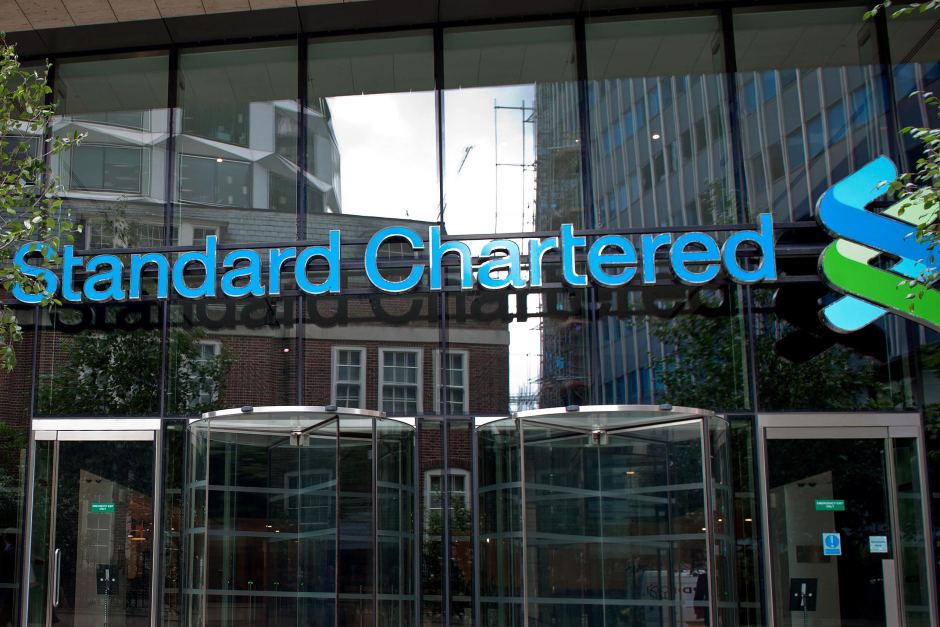IMF Mission Chief For Egypt Subir Lall told Daily News Egypt, in an interview, that Egypt’s economic reforms program is proceeding well and the decisive policy actions taken by the government are increasingly yielding results in terms of restored market confidence, strengthening growth momentum, a narrowing of budget and current account deficits, and increasing of foreign reserves which, are at their highest level since 2011.
“The debt dynamics we see are broadly consistent with the government’s fiscal consolidation plans. As this process continues, the government’s financing requirements will decline, and we expect debt to decline appreciably over the coming years,” Lall pointed out.
Regarding the impact of high oil prices on Egypt’s budget deficit, Lall added that the impact will depend on how high prices rise and how long they stay there.
Lall noted that the Egyptian government is committed to their budget targets, which provides reassurance that, should there be a risk of a budget shortfall, appropriate remedial measures can be implemented including, for example, by reviewing the timing of some lower priority expenditures.
In terms of domestic risks, the continuing disinflationary trend has reduced the risk of entrenched inflation pressures. Other implementation risks to the program are mitigated by the authorities’ strong track record and strong ownership, according to Lall.
He added that Egypt’s expenditure policy is more effective in achieving social objectives. These objectives are being addressed through social assistance programs, for which budget spending has been increased by 1% of GDP in the authorities’ program. The ongoing efforts to better target social assistance to the most vulnerable, including, for example, the expansion of the Takafol and Karama programs, are important reforms.
“Once the macroeconomic stabilisation goals have been secured and we have had a chance to see the full effect of all tax and social assistance reforms, we can step back and assess what further reforms may be needed to further develop the social safety net,” said Lall. “With regards to the deficit, it is important to look at projections for the full year as there can be variations across quarters due to many factors, and this is not unusual. Overall, the fiscal objectives for this year remain within reach.”
On Egypt’s low ranking in the ease of doing business index, with regard to social projection measures, he commented that the measure of social spending in the Fiscal Monitor used a database that is standardised across countries, and the latest data it has for Egypt is 2012. Therefore, the data presented excludes some information that is important for Egypt.




